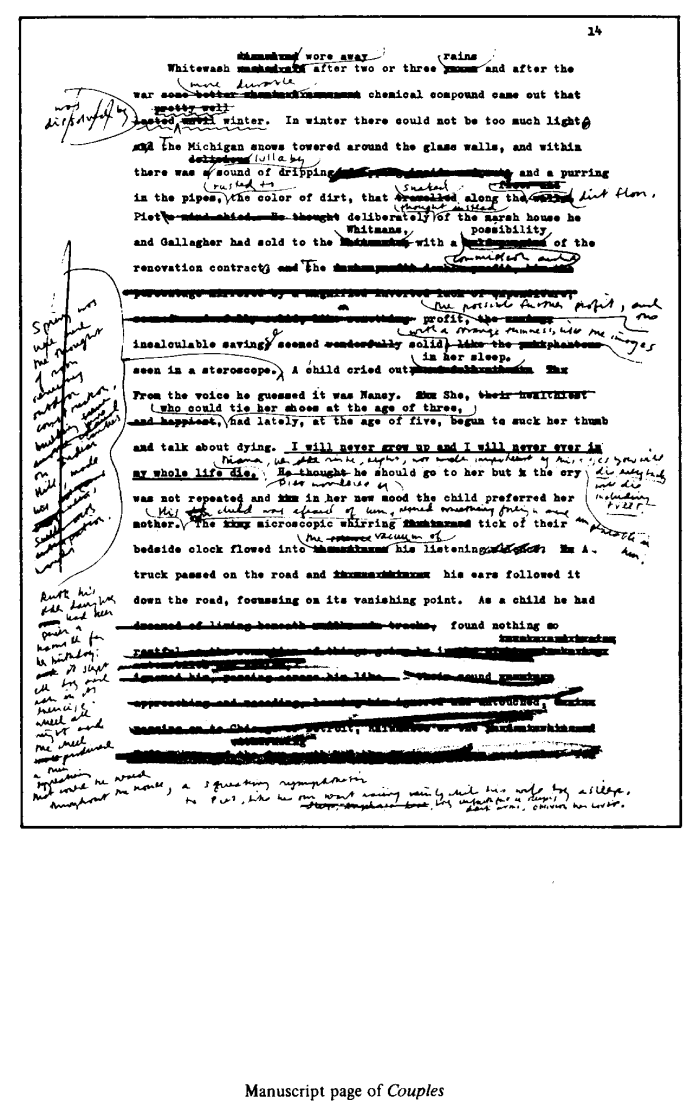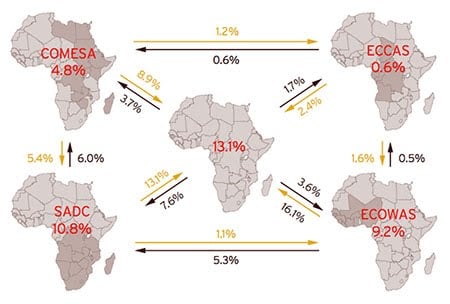Notes on Kraska's The Freakonomics of Maritime Piracy
General points:
The issue of
incentives is important because it addresses the root cause of why people make
the decisions that they do. Freakonomics
is in many ways the study of behavioral economics—how people respond to
incentives.
Shipping: 90% of world
trade travels by sea.
Initial and
conventional responses have addressed the problem at at sea—where the
incentives are NOT. They did this
through 3 separate task forces and the IRTC—all of these things only served to
dampen slightly the piracy problem.
Piracy is a balloon and these conventional measures only serve to push
the problem to other parts of the Indian Ocean.
The author delves at
length into the many incentives for Somali piracy to exist and thrive. Namely among these things is the money. Aside from the millions entering Somalia from
pirate ransoms—there is no other economy in Somalia. This economic and
stability vacuum is at the center of it all. Piracy is the economy. While the number of perpetrators is relatively
small, the number of those who benefit is huge.
Those who benefit runs
from the pirates themselves to the everyday citizens to tribal chiefs to the
Kenyan real-estate market (unintended consequences of sky-rocketing real estate
prices) to those that are now providing security for the transit shipping to
the insurance companies that can charge higher premiums to the Yemeni navy that
charges for escorts. The
cost-benefits of one piracy raid yield a take home for the pirate worth a
decade of work in other industry.
This means that piracy
has caused a development boom in parts of Somalia but has also shot up
inflation.
While often cited in
its origins as a means of combatting illegal fishing and dumping (IIU), the
piracy has actually brought a revival to the fishing industry and its stocks
since perpetrators now find stealing its fish too risky a venture. These has lowered the price for fish—good for
the fishermen and the people.
The key to crafting good governmental economic policy lies
in using incentives to guide behavior toward the desired outcome while
accounting for individuals behavioral economic choices.
Most money that reaches TFG is wasted on corruption and
ineptitiude.
Utility of approach?
Yes, The key in using
incentives in conjunction with policy is to guide behavior toward the desired
outcome while accounting for individuals behavioral economic choices. One must be careful
with incentives as to the law of unintended consequences though.
Versus Conventional approach?
This is largely
dependent on one’s definition of success.
If success is completely eradicating piracy off the Somali coast, then
this is a resounding no. If one’s goal
is to reduce the piracy then this has been successful—BUT not in a sustainable
manner. That is the key. Conventional at sea approaches require a
sustained presence and economic commitment.
When these aren’t present the piracy will return.
The freakonomics of piracy are on shore and here they must
be addresses with policing and governance but also through incentives. Prosecution and jail time (means building
judicial capacity and jail infrastructure, and international legal
infrastructure) are incentives but an economy must also be built in its
place.
Author advocates for supporting a stronger Puntland for
enforcement.
SUMMARY:
SUMMARY:
Kraska espouses the
“Freakonomics” assertion (and common assertion for economists) that incentives
matter. Paying close attention to
incentives can provide useful insight into the problem of maritime piracy in
Somalia. The author traces the problem
of piracy by first examining global trade—90% of which is carried out by
sea. With such a high volume, even proportionally
small effects (e.g., hijacked or destroyed merchant vessels) can have amplified
results across the entire industry.
Discarding the common claim by
Somali pirates that they only started piracy to combat the rampant illegal
fishing and dumping taking place off their nation’s coastline, Kraska delves
into piracy as a business. Practically
this means examining the flow of money.
With a stability and economic vacuum, the pirate economy IS the economy
in Somalia—with bleed over effects into its neighbors. Thus the incentives for piracy to
continue flows through every facet of society.
For the pirate himself, one raid can net him a payoff worth what he
could make otherwise in a decade of work. The pirate, however, is only receiving a
small portion of the ransom money. The
rest flows to the warlords running the increasingly complex operations and from
them into the local economy—this means to the tribal chiefs, local officials,
businesses etc. This influx of money has
sparked a development boom along the Somali coastline but has also created
rampant inflation that grows unchecked by an impotent Transitional Federal
Government (TFG) without any means to control it. This money has also driven up the real estate
market in Kenya where Somalis with hundreds of thousands of dollars to spend
and invest have driven the price for homes up to such a level where middle
class Kenyans can no longer afford homes.
One unexpected side effect of the
pirates’ success has been to aid the Somali fishermen. With less illegal fishing off their coast,
there has been a boom in the fishing industry—providing more fish and making
the fish themselves more affordable.
Unfortunately, since the piracy
began to spike the majority of the conventional efforts to counter and quell it
have ignored the incentives of it.
Instead they have sought to contain it or reduce it at sea. This approach ignores the root causes of
Somali piracy. To date there have been 3
task forces (CTF 150/1, NATO’s Operation Ocean Shield, UN’s OPERATION ATALANTA)
all working parallel efforts to defeat the pirates at sea. The majority of this is done through
protective convoys and through the establishment of the Internationally
Recognized Transit Corridor (IRTC)—a dedicated route patrolled and monitored by
Naval Vessels. The Yemeni Navy has even
monetized the process charging millions of dollars for escort by its naval
vessels. While in recent years these
efforts have driven down the number of successful hijackings they haven’t come
even close to stopping them. Instead a
balloon effect occurs—the pirates are squeezed along the coast line and Gulf of
Aden so they just expand elsewhere—in most cases further and further out into
the Indian Ocean.
This is not to say there have not
been successful measures taken at sea.
Perhaps the greatest success story has been the employment of Private Maritime Security Companies (PMSC)
aboard merchant vessels. While this
tactic is shunned by much of the international community, not a single US
merchant vessel with a PMSC aboard has been hijacked. Furthermore, standardized operating
procedures and evasive maneuvering has lessened much of the impact of the
piracy. All of this however, ignores the
central problem. All of these tactics
require a sustained and constant presence.
Once they leave—the piracy will return.
Thus one must be cautious in labeling these efforts as successful since
the definition of success is a tangible thing.
The author points out the true
success with come by addressing the problem ashore. This means investing in better governance and
policing capacity. He points out the
efficacy of using stable semi-autonomous regions like Puntland (or Somaliland)
as investment points to drive out and crush the pirate networks. This approach is best as it addresses the
incentives. An increased presence and
investment ashore can decrease the benefits for one to risk piracy. This is being done through advances in the
international legal infrastructure as well as the physical infrastructure
(i.e., much needed jails in Somalia and neighboring countries). Only through this type of approach can piracy
be quashed.
LINKS:











